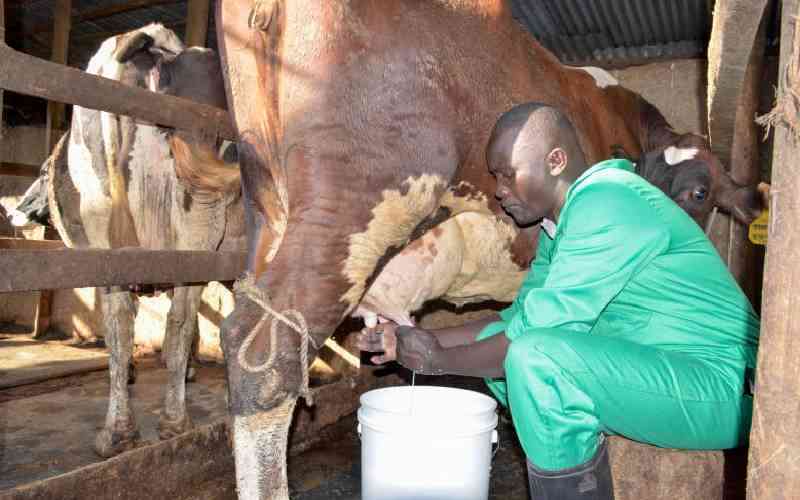
Kenya is globally recognised for its vibrant cooperative movement, which serves as a benchmark for others. With assets exceeding Sh1 trillion (USD 7.7 billion) and a membership of over 10 million, significant strides have been made in strengthening the movement as a regional force.
Despite this progress, challenges arise, requiring either temporary or permanent solutions. One such challenge has been recent developments involving the Kenya Union of Savings and Credit Cooperatives (KUSCCO).
Governance, ethical considerations, and their impact on economic development have come to the forefront. KUSCCO, as an umbrella body, faces concerns regarding corporate governance, financial accountability, and allegations of mismanagement. While this situation is unfortunate, it underscores broader challenges in Kenya’s cooperative sector, including financial transparency, accountability, and governance. Cooperatives are founded on mutual trust and collective responsibility, and any compromise of these values threatens the sector’s integrity.
To tackle these challenges, the Ministry of Cooperatives and MSMEs swiftly engaged relevant stakeholders, launching a comprehensive response. A task force was appointed to conduct a forensic audit of KUSCCO.
Additionally, collaboration with KUSCCO’s interim board and other stakeholders has led to corrective measures, including leadership training in governance, reinforcement of internal controls, and a renewed emphasis on financial accountability.
While addressing concerns surrounding KUSCCO, our focus remains on long-term solutions that will strengthen the cooperative movement. A key initiative is the proposed Cooperatives Bill, currently under legislative review. This Bill aims to overhaul the legal and regulatory framework governing cooperatives, introducing much-needed reforms to enhance governance, financial transparency, and accountability. Key provisions include establishment of a stronger regulatory body, the adoption of International Financial Reporting Standards (IFRS) for financial reporting, and improved alternative dispute resolution mechanisms. These reforms will create a solid foundation for cooperatives, ensuring their sustainability in a conducive business environment. Enhanced financial disclosure and transparency will also keep members well-informed at all times.
The future of Kenya’s cooperative movement lies in establishing structures that are financially sustainable and socially responsible. This requires a paradigm shift toward a cooperative model that embraces innovation, fosters leadership, and upholds high ethical standards. By equipping cooperatives with the necessary knowledge and training, we empower them to play a more significant role, particularly in areas such as financial inclusion, rural development, and empowerment of women and youth.
Kenya’s cooperative movement is resilient, and the measures being taken today will ensure its future strength and unity. Through the Cooperatives Bill, strengthened governance frameworks, and a focus on capacity building, we are positioning the sector to play a central role in achieving Kenya’s Vision 2030, Africa’s Agenda 2063, and the Sustainable Development Goals. The African proverb, “If you want to go fast, go alone. If you want to go far, go together,” captures our approach.
The writer is Principal Secretary for Cooperatives and MSME Development Ministry
 The Standard Group Plc is a
multi-media organization with investments in media platforms spanning newspaper
print operations, television, radio broadcasting, digital and online services. The
Standard Group is recognized as a leading multi-media house in Kenya with a key
influence in matters of national and international interest.
The Standard Group Plc is a
multi-media organization with investments in media platforms spanning newspaper
print operations, television, radio broadcasting, digital and online services. The
Standard Group is recognized as a leading multi-media house in Kenya with a key
influence in matters of national and international interest.
 The Standard Group Plc is a
multi-media organization with investments in media platforms spanning newspaper
print operations, television, radio broadcasting, digital and online services. The
Standard Group is recognized as a leading multi-media house in Kenya with a key
influence in matters of national and international interest.
The Standard Group Plc is a
multi-media organization with investments in media platforms spanning newspaper
print operations, television, radio broadcasting, digital and online services. The
Standard Group is recognized as a leading multi-media house in Kenya with a key
influence in matters of national and international interest.











